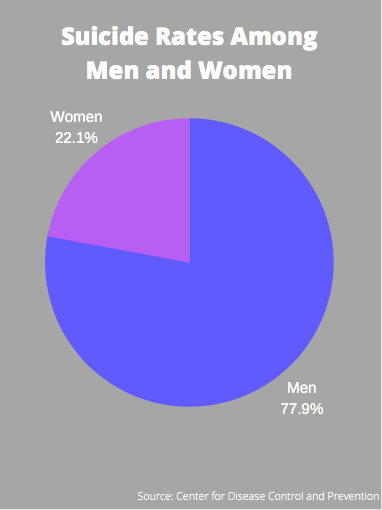Exercise, healthy eating and facial serums are all wonderful elements of self-care, but if you don’t take care of what’s happening in your mind, heart and soul, you are neglecting key elements of your health.
In a medically reviewed article by Everyday Health, self-care was defined as “anything you do to take care of yourself so you can stay physically, mentally and emotionally well.” Research suggests that practicing self-care “promotes positive health outcomes, such as fostering resilience, living longer and becoming better equipped to manage stress.”
When I think of doing something to care for myself when I’m in need of relief, I think about taking a bubble bath or going for a walk. For me, these are both wonderful things to do in order to care for my body and relax. I love to unwind in these ways. However, they only scratch the surface of what it truly means to perform self-care.
If I care for my body but neglect my emotions and thoughts, I cannot truly be content.
I used to think that if I exercised a lot, I would be happy. If I stayed on a consistent workout regimen and dedicated a lot of my energy to that, I would be fulfilled. But, over-exertion is a form of neglect or punishment, not self-care.
When I would work out, I would feel moments of temporary relief from the stress in my life. I would feel strong when I ran and exhilarated when I would lift weights, but as soon as I was done, all of the emotional baggage weighing heavily on my mind returned.
For some people, distraction comes in the form of drugs, alcohol and partying. This is especially an issue among college students. Getting drunk and going out to avoid real life issues has become far too normalized in our society. Of course everyone is allowed their vices, but when things cross the line from being vices to being addictions, we get into trouble.
About 73% of college students have some sort of mental health crisis during their college years.
In order to make sure that we practice proper self-care in every aspect, we must focus on what is in our hearts and on our minds as well. I can eat all of the vegetables, run all of the miles and do all of the face masks in the world, but if I neglect my mental and emotional states, I will never be caring for myself in full.
Practice self-care by journaling, listening to music or podcasts and spending healthy time alone.
When I journal, I feel authentic joy. Writing can be a passion or simply a self-care tool, but for me it is both. Journaling about my day, my feelings and what’s going on in my life can be very powerful and help you feel more in control of your own well being. This may not be for everyone, but it is very beneficial for me.
Listening to music and podcasts helps me gain a lot of perspective. There is a reason that people say music is healing. When we listen to music that helps us acknowledge our emotions through lyricism and storytelling, we feel supported, understood and heard. Finding a good podcast that helps us find comedic relief, advice or just a virtual friend can help us feel the same way. Some of the podcasts I listen to often include “Let’s Talk About Mental Health” and “The Happiness Lab.”
For some, spending healthy time alone might be the most important.
I am a self-proclaimed introvert, but I still spend some of my life feeling pressure to spend time with people. I don’t want to lose friends, deprioritize relationships or be lonely.
However, as I’ve grown up I have learned that true loneliness is feeling absent from myself. If I lose sight of my passions, identities or just don’t care of myself, loneliness will ensue. You can be in the biggest crowd or surrounded by people you love, but if you are not content in your own company you will always feel alone.
Self-care must be prioritized more in all of our lives. It is so important to look after our physical health, but if we do not also focus on the less tangible aspects of ourselves, we will ultimately not be living up to our full potential.
This story was written by Grace Cady. She can be reached at grace.cady@marquette.edu












